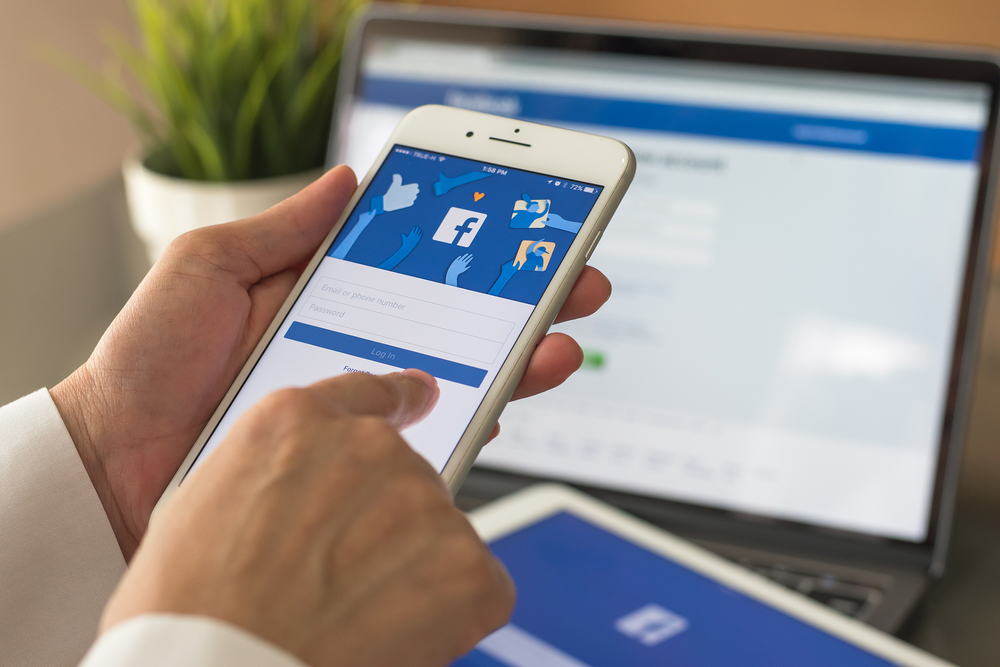All work and no play makes Jack a disgruntled employee. There is already plenty of research to suggest that short breaks improve productivity of employees. Too much of anything is not good. When the mind is saturated with work after dealing with the same issues for long periods, attention flags and creativity takes a nosedive. Now, a study by psychologists at the Indiana University-Purdue University Indianapolis shows that ‘cyberloafing’ — a spot of online shopping or going through holiday snaps on Facebook or simply using the employer’s internet services for purposes other than work — actually increases an employee’s productivity. Who does not love freebies? More significantly, though, cyberloafing is the new smoke or water cooler break that gives workers some much-needed respite from the myriad pressures of work. This relief valve helps workers recover from stressful experiences as well as deal with mistreatment at work. Employees who cyberloaf are apparently less likely to quit work over a manager’s reprimand — unjust or otherwise.
This peace comes at a price. In the United States of America alone, cyberloafing costs employers up to $85 billion a year. However, that may be a small price to pay when one considers the benefits. If a bit of Facebook gossip or Instagram strutting makes workers more productive, healthier profit margins can make up for the cost incurred by the former. Moreover, cyberloafing can also offset the cost of frequent recruitments. Yet, employers and rude managers rubbing their hands gleefully at the prospect of a happily ever after of holding out the carrot of cyberloafing after treating employees to the business end of a stick should think again. Netflix and chill at the employer’s expense may offer unhappy workers some solace and motivate them to be more productive in the short run. But unless the root causes of such unhappiness — overwork, lack of recognition, poor remuneration, tyrannical supervisors and so on — are addressed, no amount of cyberloafing will be enough to keep Jack from being a demoralized employee who seeks out greener pastures. After all, an empty pocket is not conducive to online retail therapy.
There is yet another threat that must be considered. Advancement in the field of artificial intelligence means work is increasingly getting mechanized. Machines do not cyberloaf, or take umbrage at being bullied by the administration. How can man Jack compete with such impossible standards? The threat of losing his job to a machine — often cleverly wielded by employers — can make man work himself to the bone without thinking of so much as taking a lunch break, let alone posting a Facebook status. But Jack’s fears might be premature. Machines may make conscientious workers but they are nothing more than tireless cogs in the wheel, working by replicating formulas creatively conjured by man. And what is it that gets these creative juices churning? Why cyberloafing of course.













